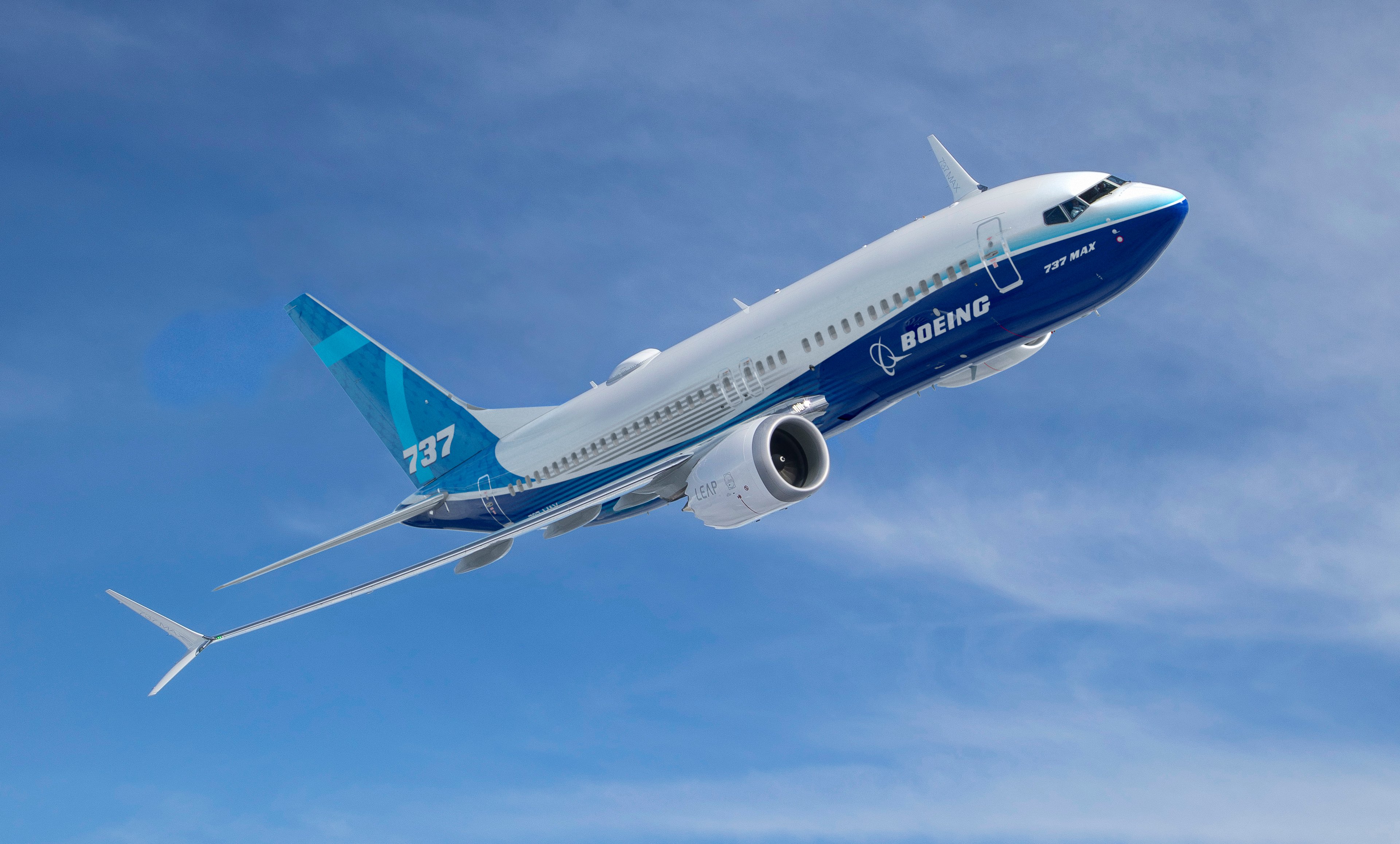In the ongoing competition between Boeing (BA +0.01%) and Airbus Group (EADSY +0.94%), Middle Eastern carriers like Emirates, Qatar Airways, and Etihad are becoming prized customers. Due to their rapid growth and a shared business strategy of routing lots of traffic through a single hub, these carriers have became big buyers of large widebodies -- the priciest planes sold by Boeing and Airbus.
As the largest of this trio by a wide margin, Emirates is a particularly important customer for Boeing and Airbus. Last week, it dealt Airbus a big blow by canceling its entire order of 70 Airbus A350s. This order cancellation means that the Boeing 777 will be the centerpiece of Emirates' fleet for the foreseeable future.
Wrong plane for the mission
Emirates did not put much blame on Airbus for its order cancellation. The company simply stated that the change came out of a review of its "fleet requirements". However, Emirates CEO Tim Clark has never been a big fan of the A350, the all-new Airbus widebody that is supposed to go toe-to-toe with Boeing's 787 Dreamliner and 777X.

Emirates CEO Tim Clark has been critical of Airbus' A350. Photo: Airbus Group
In fact, in late 2012, Clark criticized Airbus for delivering the A350 "late and overweight". The best he could say about it was that Airbus' A380 superjumbo was also late and overweight, but eventually managed to meet and even exceed its performance targets.
More importantly, Emirates is moving toward larger and larger aircraft in its fleet as a way to grow, because its hub in Dubai has limited capacity for additional flights. The A350-900 is roughly comparable in size to the smallest version of the current-generation Boeing 777, but that represents only a small portion of Emirates' fleet.
Meanwhile, the larger A350-1000 will still be significantly smaller than the biggest version of Boeing's upcoming 777X. For Emirates -- which usually has no trouble filling seats due to the number of connections it offers in Dubai -- the larger aircraft makes more sense.
Indeed, Emirates ordered a stunning 150 777X planes last fall, and obtained purchase rights for another 50. Of the three widebodies entering service during this decade (Boeing's 787 and 777X, and Airbus' A350), Emirates now has orders only for the 777X.
Airbus will be fine
Even after canceling all of its A350 orders, Emirates remains a major customer for Airbus due to its interest in the A380 superjumbo. In fact, Emirates is nearly singlehandedly keeping the A380 program afloat. Emirates has cumulatively ordered 140 A380s, representing 43% of the A380s ordered worldwide.

Emirates remains by far the largest customer for Airbus' A380 superjumbo jet. Photo: Emirates
The A380 fits into Emirates' strategy in the same way as the 777X -- it's the biggest plane of its type and therefore provides low unit costs while using airport resources efficiently. Emirates has also been a big advocate for re-engining the A380 to reduce fuel consumption. If Airbus eventually approves an "A380neo" project, Emirates would probably place a sizable order.
Airbus also doesn't have to worry too much about filling Emirates' A350 delivery slots. Since Emirates wasn't scheduled to receive the A350 until near the end of the decade, Airbus has plenty of time to resell those aircraft. Furthermore, there is strong demand for fuel-efficient widebodies today, ensuring that Boeing and Airbus will be able to sell every 787/777X/A350 they can make in the next decade.
This is still a big win for Boeing
In the very long-run, Emirates' decision to drop the A350 from its fleet plan is great news for Boeing. Emirates likes to refresh its fleet frequently, and with this move it appears to be standardizing around Boeing's 777/777X and Airbus' A380.
If that's the case, Boeing is likely to get significantly more orders over time than Airbus (and today about 70% of Emirates' order backlog is with Boeing). Not every market can handle an aircraft the size of the A380. Moreover, the 777-9X is likely to deliver lower unit costs than the A380 because it has only two engines, making it a more profitable aircraft for most routes.

Emirates could order more Boeing 777X planes to replace the A350s it canceled. Photo: Boeing
If Emirates continues growing and maintains its policy of frequently updating its fleet, Boeing could gain even more orders from Emirates for the 777X than the 150 it has confirmed. That's important because it is still unclear how large demand for the 777X will be.
Boeing plans to increase Dreamliner production to a rate of 14/month by the end of the decade. This record production rate (for a wide-body) is supported by Boeing's introduction of the 787-10, which is itself a potential 777-200 replacement. If Boeing can create enough demand for the 777X to build 100 /year (in line with the current 777 production rate) despite cannibalizing sales with the 787-10, its profitability will surge by 2020.
Foolish bottom line
Airbus isn't too worried about Emirates' recent decision to cancel its order for the new A350 aircraft that is scheduled to enter service later this year. Indeed, Airbus should have no trouble selling Emirates' delivery spots to other customers.
However, Emirates' apparent vote in favor of the 777X opens up the possibility that Boeing will be able to operate two high-volume widebody programs simultaneously. Considering the solid profit margins typically available on these planes, this bodes well for Boeing's long-term earnings power.







